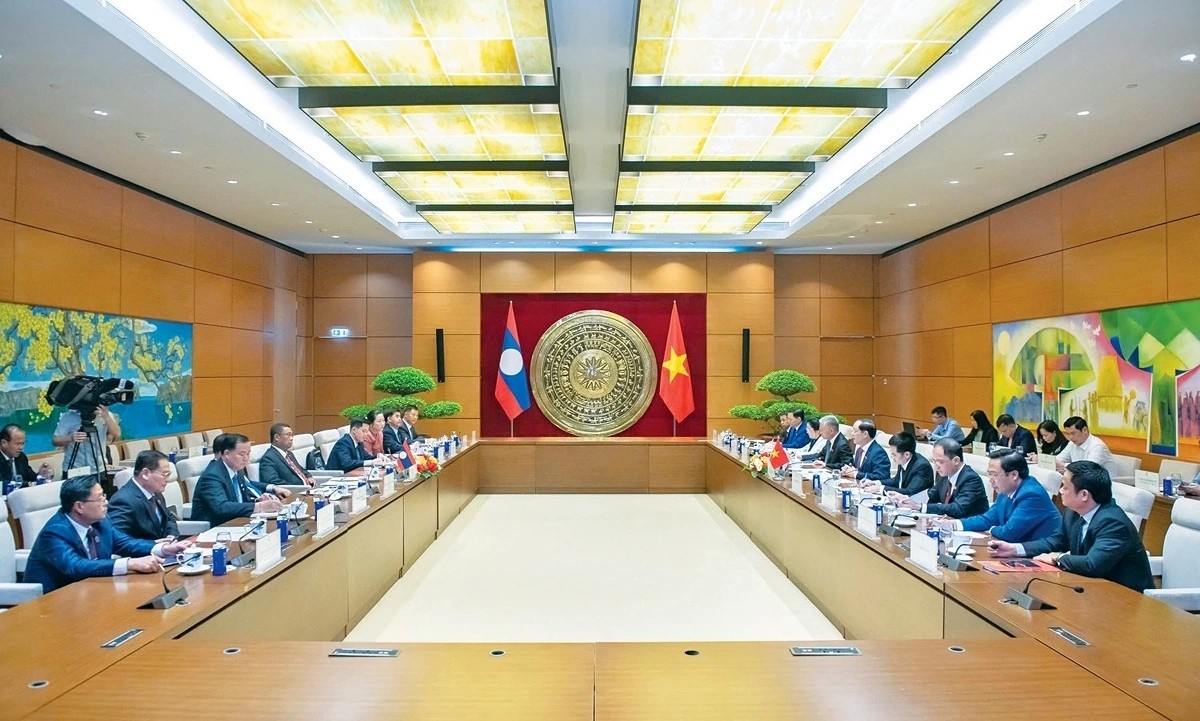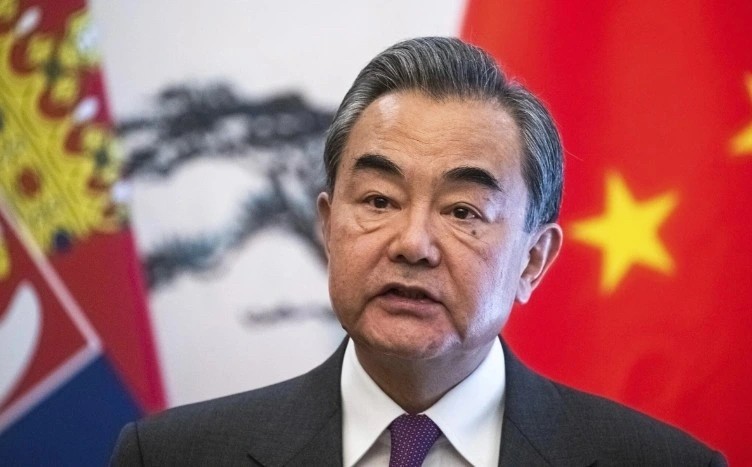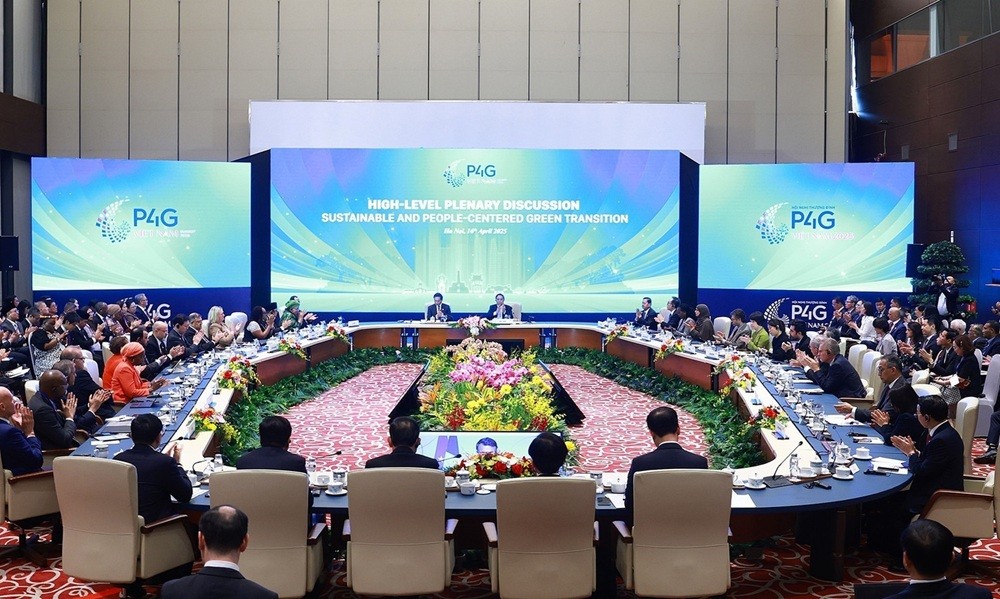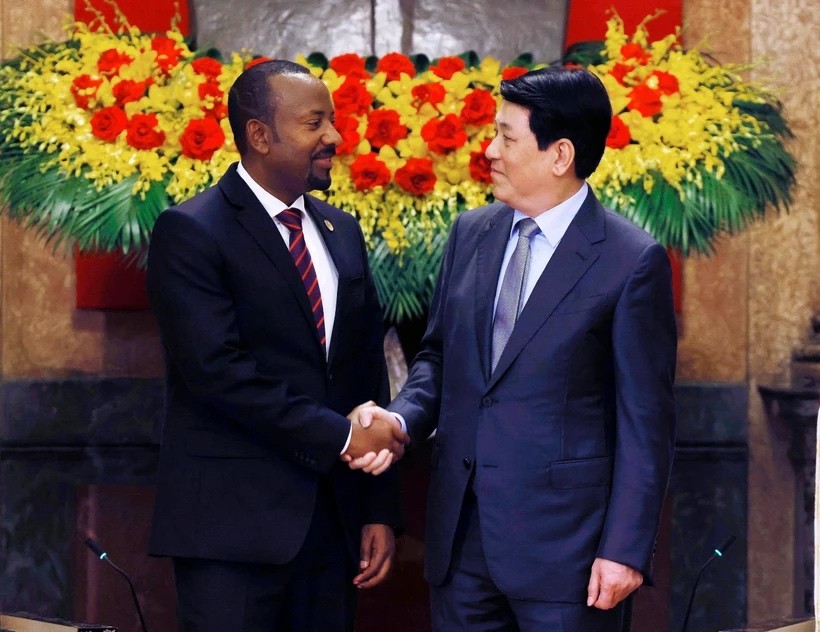Vietnam’s education has changed, but progress remains slow
The Ministry of Education and Training (MOET) has kicked off plans to reform the national educational system, but considerable progress has not been made.

The uncertain role of teachers in the draft of new general education program was a hot topic for discussion at recent workshops on education reform.
But, reform must begin with teachers. If teachers’ thinking does not change, the education reform program will fail.
MOET has decided that the new general education program will be applied from 2018.
Meanwhile, pedagogical schools say that the first teachers trained in accordance with the new curriculum will finish schools in 2019. So, how will the new general education program run if there are no suitable teachers?
Tran Thi Bich Hang, former teacher of the Tran Dai Nghia High School for the Gifted, said she did not read through the draft because she found it too complicated. There seems to be ambiguity in the education philosophy.
“Our aim is the quality of people. And if the draft doesn’t pay attention to the training of teachers, the renovation won’t be successful,” she said.
The experienced teacher said that teachers bear many impositions, but they need to have freedom in writing lesson plans so they can be creative in teaching.
Le Thi Nga, a teacher at Le Quy Don High School, said that after 15 years of teaching, she and her colleagues have come to a conclusion that ‘life is the contest’, which means that students study just to pass exams.
Nga agreed with Hang that teachers are under pressure, because they have to race against time to give lessons and fulfill the requirements.
Teachers complained that they were puzzled about the many requirements. MOET repeatedly has asked teachers to renovate teaching methods and be creative in teaching.
But, if they do this, their students may not gain high scores at exam, because of the lack of uniformity in curriculum and the method of evaluating students’ abilities.
Gian Tu Trung, director of the Institute for Research on Educational Development, commented that though Vietnam has experienced four stages of education reform, education quality has not improved much.
The reform of national education to its foundation must cover schools, teacher, the state, family and student. Of these, teachers must be the most important.
Luong Hoai Nam, a PhD in economics, said it is time for MOET to give partial autonomy to localities so that local education departments can determine the curricula that fit local students the best.
The curriculum for students in Hanoi must be different from that for students in Lao Cai province./.
VNF/Vietnamnet
Recommended
 National
National
Vietnam News Today (Apr. 22): Vietnam And Laos Promote Parliamentary Cooperation
 National
National
Party Chief Attends Grand Art Performance Celebrating National Reunification
 National
National
Vietnam News Today (Apr. 21): International Troops to March in Vietnam’s Reunification Day Parade
 National
National
Vietnam News Today (Apr. 20): Vietnam, China to Deepen Ties with Strategic Future Vision
 National
National
Vietnam News Today (Apr. 19): UN, Vietnam Step Up Efforts on Cybercrime Convention
 National
National
Vietnam News Today (Apr. 18): P4G Summit in Vietnam - Beacon of Hope for Global Climate Action
 National
National
People must come first to achieve development goals: P4G
 National
National
